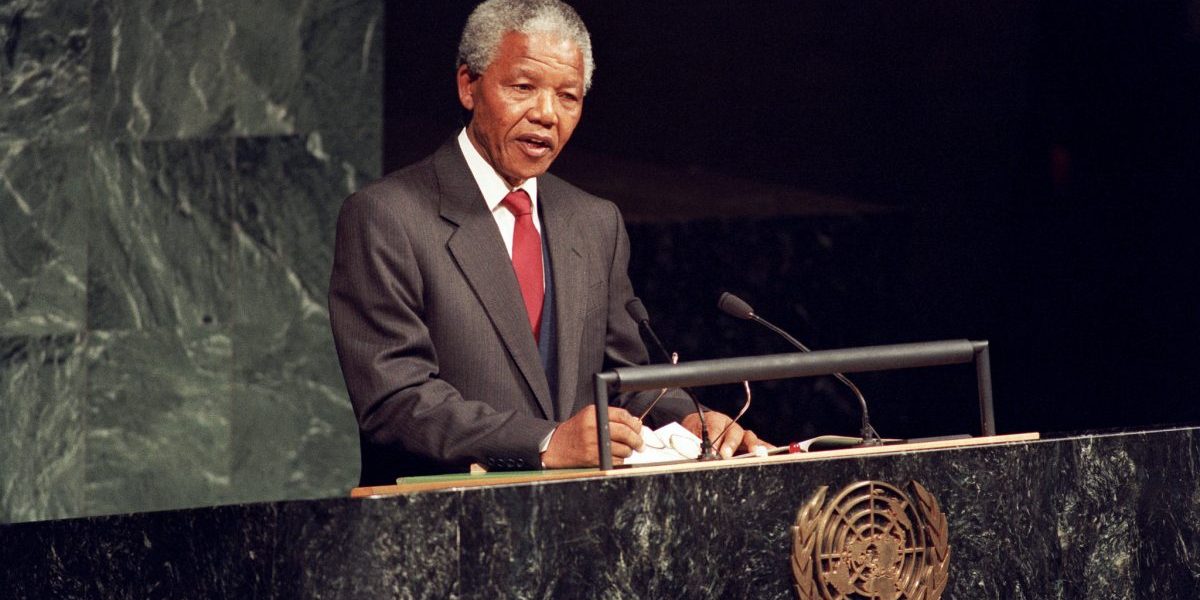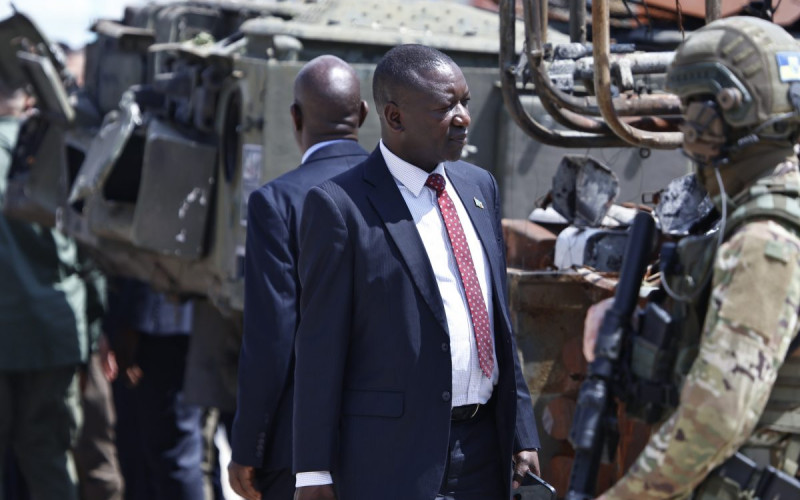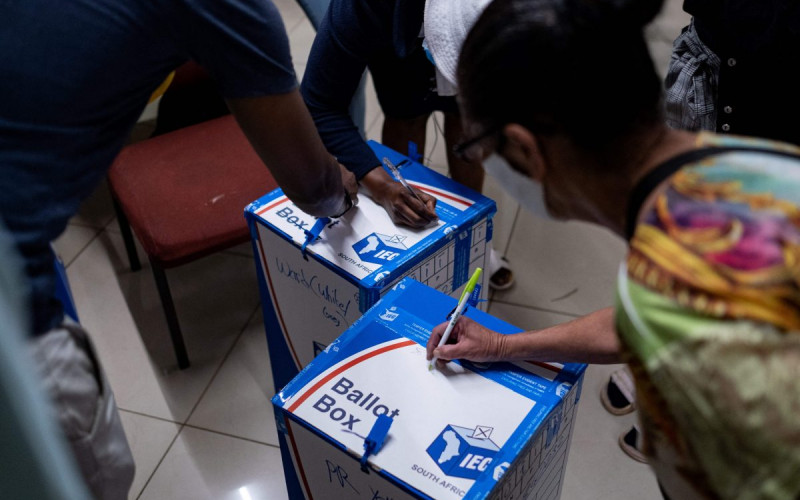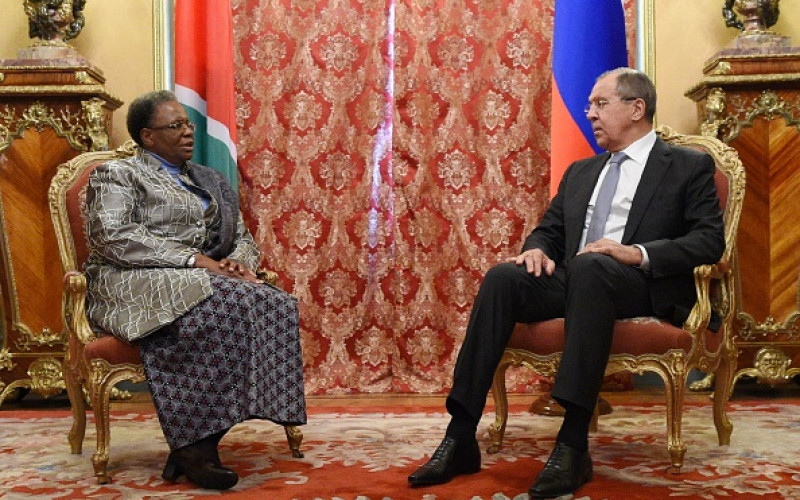And there is still no end in sight. As events reach a certain interim stage of resolution in one country, attention moves to another. Even as pundits attribute the problems in one country to a particular cause, the popular uprisings in another country seem to have a different cause.
The most favoured explanations have included unemployment among well-educated youth, the ability to organise protest using the new social media, corruption among the ruling elite, and authoritarian governments unresponsive to the needs of the wider citizenry. One has only to have seen the informal dwellings built by poor Egyptians among the tombstones in the historic cemetery of the City of the Dead in old Cairo to realise the degree of income discrepancies between rich and poor in that city.
While all these factors have indeed played a role, in recent days, as new countrieshave experienced uprisings, other factors have come into play. One of these is the role of different strands of Islam. In Bahrain the ruling family and the upper class are Sunnis, whereas the majority of the population are Shiites, members of the brand of Islam that is the state religion of Iran, across the Gulf from the island state.
Initially the Iranians crowed at the problems of Egypt, long its adversary in the Middle East. As a secular state Egypt was only a degree less of an enemy of Iran than Israel. The rulers in Tehran likened the demonstrations in Cairo, Alexandria, Ismailia and other Egyptian cities to the events that led to the overthrow of the Shah in 1979. Soon they foresaw the installation of an Islamist government in the presidential palace in Cairo. But it was not long before the contagion that started in Tunisia and moved to Egypt started to manifest itself in Tehran. The Iranian rulers had conveniently forgotten the uprisings that followed the 2009 elections in their own country and the fact that those responsible were still angry at how the regime had treated them. Although violently suppressed by the Revolutionary Guard, the supporters of the moderate opposition candidates in that election were soon using cell phones and the social media to organise very fast moving protests in different parts of the city and the country, largely outflanking the security forces. That story has also yet to play itself out.
It seemed that Libya, hemmed as it is between Tunisia and Egypt, would escape protests because, with its oil wealth and its small population when compared to Egypt, the higher per capita income distanced Libyans from the problems of their Arab neighbours.
But another issue coalesced into a reason for protest. Again authoritarian governance played its role. Libya’s government raised the ire not of only the ordinary people, but also of judges and lawyers in the country’s second city, Benghazi , following the arrest of a lawyer. But underlying these reasons were also discontent about the way the president’s sons were using their positions to enrich themselves and their cronies and to enjoy the high life. The government’s response was not to seek to address the causes of discontent, but to arrange counter-demonstrations in the capital, Tripoli, in a display of support for Brother Leader, Muammar Gaddafi. Suppression of the protests resulted in considerable loss of life. While media reporting from Libya have been interrupted, more than 200 people have been shot and killed by security forces.
Demonstrations have also taken place in several cities in Morocco.
Another country to experience protests is the tiny Red Sea state of Djibouti. This focuses attention on another issue. The only US military base in Africa is located in Djibouti. Troubled Bahrain is home to the US Fifth Fleet, and the US has long supported the Egyptian army with generous annual financial and other aid. How does Washington reconcile the US foreign policy objective of promoting democracy internationally with their support to authoritarian governments? The Obama administration has had no easy time finessing its message to get round this conundrum. To rub salt into the wound, Elliot Abrahams, deputy national security adviser to President George Bush, wrote an “I told you so” piece for the Council on Foreign Relations in New York, seeking to prove that the Bush policy of imposing democracy in the Middle East, more particularly Iraq, had been correct.
Does all this have any significance for South Africa? Moeletsi Mbeki pointed out recently that “Tunisia could come to South Africa”. President Zuma tried to rubbish his argument by emphasizing that, unlike the Arab states of the Middle East, South Africa is a constitutional democracy. The ANC makes a great mistake if it believes that allowing people to vote is all that is needed is to constitute a democracy. Too many elected office-bearers from the ANC do not recognise that there is a connection between a vote for them and responding to the needs of the electorate that placed them to office. A government, elected or not, that is unresponsive to the needs of the nation will leave people dissatisfied.
Hardly had Zuma spoken when rioting broke out in Wesselton, Ermelo, because of dissatisfaction over lack of jobs, lack of service delivery and the distance municipal councillors placed between themselves and the people they were elected to serve.
This is an object lesson to government and the ruling party. All is not well at local level. But there are signs that Luthuli House is aware of the danger that lies ahead in the local government elections in a few months. The party’s report on the failure of local government in North West province and attempts to deal with the problems emerging over the identification of acceptable candidates are clear signs that the dangers are understood at central level.
In a constitutional democracy the people have the means to make their dissatisfaction known by voting for a rival party, or by not voting. But is there time before the elections to play catch up with the many problems South African voters are unhappy about? Sooner or later people will hold their leaders accountable. If they feel they cannot do it at the ballot box, they will do it in the streets – as has happened in North Africa.






